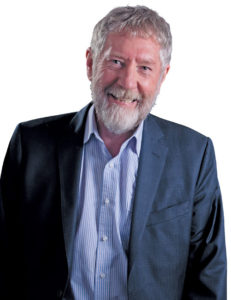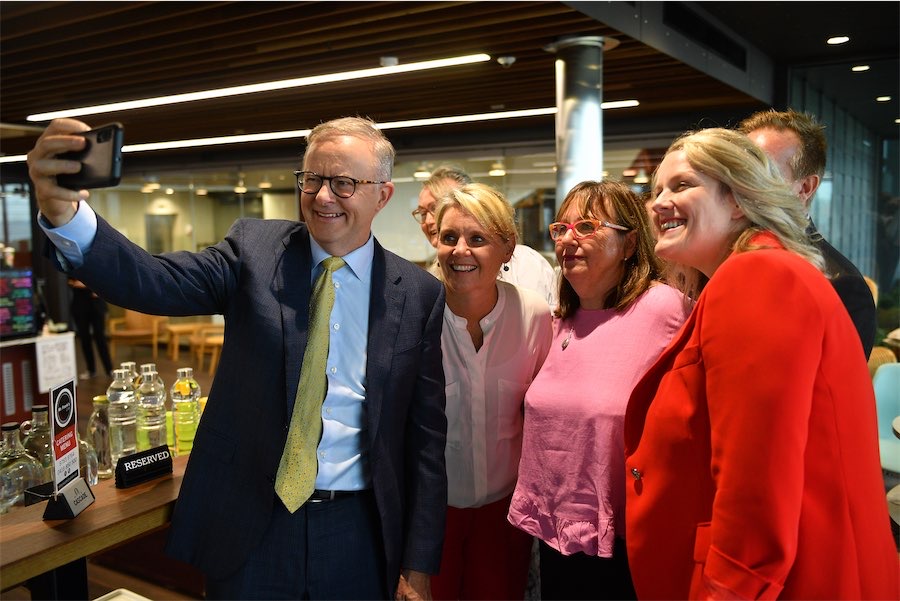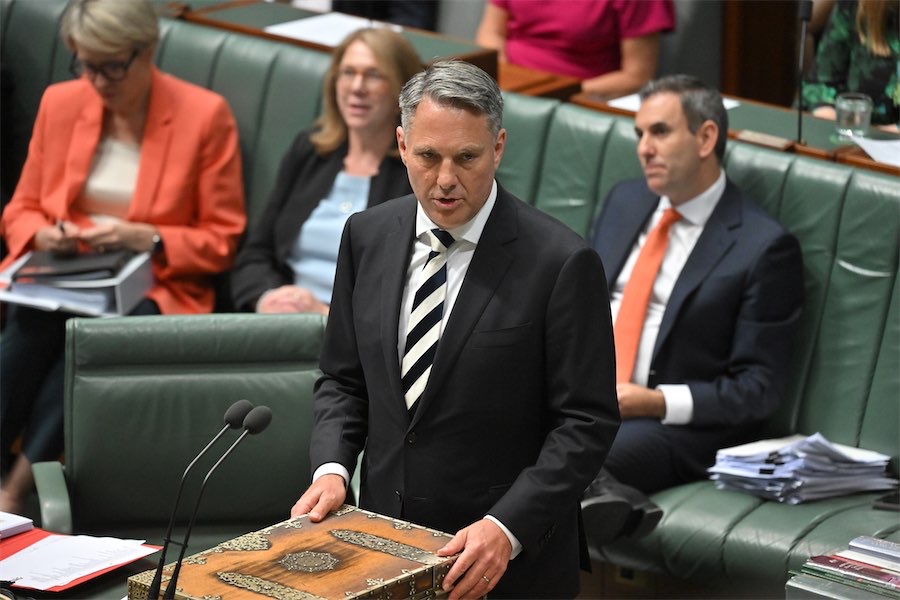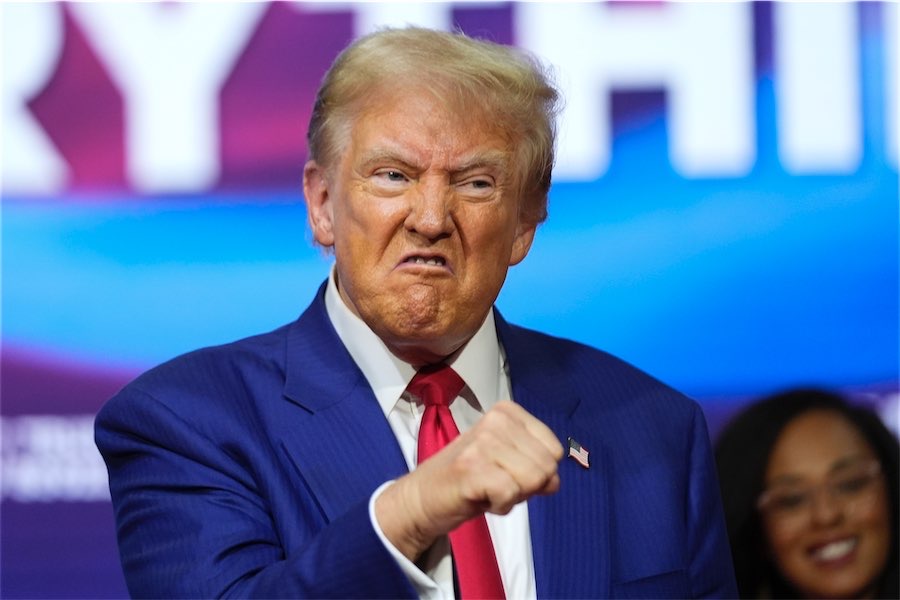“The 2020 ACT election was the first held under 2019 federal legislation allowing political parties to hide large sums of money. And the ACT Election Funding Returns show that major political parties are doing just that,” writes political columnist MICHAEL MOORE.
ELECTION financial disclosure returns for the ACT illustrate a major problem for transparency. And the ACT Legislative Assembly is largely powerless to stop this type of corruption.

The 2020 ACT election was the first one held under 2019 federal legislation allowing political parties to hide large sums of money. And the ACT Election Funding Returns show that major political parties are doing just that.
ACT restrictions on expenditure and donations are undermined considerably by the federal legislation. The ACT Election Returns that identify gifts to political parties give the appearance of transparency – but, in reality, only for local parties and independents.
It is a different story on expenditure. Expenditure for Labor was $1,052,682 and for the Liberals $1,066,876. This is consistent with the cap on expenditure that applies in the ACT as a means of preventing corruption.
The ACT Elections’ site explains the limits for candidates as “$42,750 per party candidate to a maximum of 25 candidates (5 candidates for each of the 5 electorates)”. This allows a major party that is running the full 25 candidates a total expenditure of $1,068,750.
The Greens spent $124,768, and in doing so, certainly received the biggest bang for their buck at the October elections. They secured an additional four seats in the 25-member Assembly, while Labor and Liberal Parties shed two seats each. What did not seem to help was spending more than $100,000 each on opinion polling.
The Greens, on the other hand, must have relied on their sense of community – which appeared to be much more effective. Or possibly they were taken as much by surprise by the results as most of the commentators.
These things are interesting. However, the real reason for publication of electoral financial disclosure returns is transparency in the political process.
Revealing who has donated significant sums to particular parties provides an insight into influence. Are the donations simply because a business or an individual thinks the community is better off with a specific party in power? Or, are the donations made to seek influence?
When donors contribute significant sums to multiple parties, what motivation could there be other than seeking influence?
The currently published Electoral Returns in the ACT apply specifically to electoral expenses and donations are only reportable if they amount to $1000 or more.
The larger donations revealed for the ACT Branch of the Labor Party came from a series of unions. The CFMEU, for example, donating $50,000 while the AWU have contributed $14,000 and the CPSU and SDA in the order of $10,000. There were also a series of individuals who made donations.
In marked contrast, the vast majority of reportable donations in the election return for the ACT Liberals came from individuals, with the majority of donations around $1500. There was one donation of $5000. The Greens received a personal donation of $10,000 and a series of others at below $1500. The largest single donation from an individual was $15,000, being the only reportable donation going to the Liberal Democratic Party.
There is a catch. The 2019 federal legislation means the particulars of any donation that has not expressly been identified as being for use by the ACT section of the registered party, or for ACT electoral purposes, is not required to be disclosed to the ACT Electoral Commission as a gift.
It is no wonder that trust in political parties is at an all-time low. A reading of the electoral returns in the ACT makes it look as though there are no sizeable donations for the major parties. The appearance is that the parties are simply supported by individuals. The reality is that the truth is not known. Where are the conflicts of interest? Transparency has flown out the window.
There is no Federal Anti-Corruption Commission. The key questions are:
- Does the ACT Integrity Commission have the power to examine all the donations made to our major political parties?
- Is it able to do what the ACT Electoral Commission cannot?
- Can the Integrity Commission determine the level of influence of major donors within its mandate of “preventing, investigating, and exposing corruption”?
Who can be trusted?
In a world of spin and confusion, there’s never been a more important time to support independent journalism in Canberra.
If you trust our work online and want to enforce the power of independent voices, I invite you to make a small contribution.
Every dollar of support is invested back into our journalism to help keep citynews.com.au strong and free.
Thank you,
Ian Meikle, editor





Leave a Reply